As a teacher who has worked exclusively in high schools during my time here in Korea, I can say with certainty that I have a lot of sympathy for every student who has to survive the 3 grueling years of high school in this country.
The daily life of high school students in Korea is absolutely mind-blowing to me as an Australian. In Australia, a high school student’s day consists of 6 classes that start at 8:30 a.m. and finish around 3 p.m. The funny thing is a lot of students in Australia think that this is an exhausting schedule. If they were able to spend one day in the shoes of a Korean high school student, however, they’d be in for quite a shock.
If you’re already a teacher in Korea, then you’ll have realized that when people here say the life of a student is a hard one, they are not exaggerating one bit. When I first arrived, I had so many questions, including: why do my students look so tired? The simple answer is they don’t sleep.
A typical high school student’s schedule looks like this:
1. Wake up, quickly get ready, then head off to school.
2. Study all day at school.
3. Finish school, then immediately head to an academy for private tutoring in one or more subjects.
4. Go home and self-study until the wee hours of the morning.
5. Sleep for a little bit and then wake up in order to do it all over again.
PHOTO: Students studying hard at school… and some not so much.
This is the life of a Korean high school student until he or she takes the notoriously difficult 수능 (Suneung) exam at the end of their third year in high school. The Suneung test is extremely important in Korea, as it plays a big role in determining which path students will take after leaving high school. Good results provide the opportunity to attend bigger and more highly-regarded universities, which in turn leads to better company positions and the potential for a more lucrative career in the future. This is the reason that students study as hard as they do. Korea’s job market is highly competitive, and with the added pressure some parents place on their children to become successful, and the fact that students are only able to take the Suneung exam once per year, it’s no wonder that students’ stress levels skyrocket during their high school years.
For teachers in high school, fun must sometimes be sacrificed in favor of more pragmatic lessons. While elementary or middle school teachers are able to sing songs, joke around, and play games with their students regularly, teachers in high school have to focus instead on preparing the students for their final exam. When planning lessons as a high school teacher, it is important to consider the ways in which you can help your students achieve the best possible grades on their Suneung test.
That being said, it can be frustrating sometimes when you want to focus on conversation and the more organic aspects of language learning but are obligated instead to do grammar drills or practice spelling. It is always a challenge to balance the less academic areas of English acquisition with the hard skills so ubiquitous to standardized testing. Unfortunately, this is simply part of the job as a high school teacher in Korea–the Suneung test is a tricky and unavoidable milestone in every Korean student’s life, and as their teacher it is your duty to help them prepare for it as best you can.
Despite the occasionally difficult nature of the job, if you are the type of person who doesn’t mind starting early, finishing late, or simply helping out with whatever your school needs, then the rewards are magnificent. I have made lifelong friends with both teachers and students.
Native English Teachers can sometimes tend to keep their distance from Korean coworkers due to a lack of Korean language ability and an unfamiliarity with cultural norms so different from their own. However, I have had nothing but great experiences when I’ve socialized with the other teachers at my school. Breaking the ice is always hard, but once it’s done you will almost always find your coworkers happy to include you in their social circle.
Oftentimes the reason that Korean teachers can be a bit shy before you get to know them is because they are self-conscious about their English ability and are afraid to look foolish when speaking to the Native English Teacher. You may be surprised by how well certain coworkers can speak English after a few bottles of soju! Participating in your school’s professional development trips and after-work activities can lead to rewarding friendships and genuinely fun experiences, so don’t hesitate to give it a try. Interacting with your coworkers outside of the sometimes stuffy workplace atmosphere gives you the chance to see their real personalities and form closer relationships with them.
PHOTO: School teachers traveling for professional development
In my opinion, the best part about teaching at a high school is running into your students after they graduate. There have been many times when I was walking down the street or eating in a restaurant and heard someone call “Michael Teacher!” only to turn around and spot one of my former students. It is incredibly rewarding to see the students you taught as happy adults with jobs and social lives and plans for the future, free from the endless cycle of school-academy-homework-sleep they spent most of their high school years caught up in.
PHOTO: Bumping into former students on the street
In short, teaching at a Korean high school comes with ups and downs, like any other teaching position. On the one hand, students have matured to the point where you can speak to them as adults, share jokes, and get a real sense of the people they will become later in life. At the same time, they are dealing with the kinds of adult pressures that younger students don’t have to, and it can be hard to watch them struggle with the ensuing stress and anxiety over their futures.
Ultimately, the experience of working as a high school teacher in Korea is a vastly rewarding one. You will form lasting relationships with your coworkers and students, contribute positively to your students’ success and self-confidence, and immerse yourself in a culture entirely different from your own. With some hard work, a positive attitude, and a genuine desire to better the lives of those you work with and those you teach, your time working at a Korean high school will surely become one of your fondest memories.
PHOTO: A fun day of outdoor school sporting events
—
-Edited by Lindsay McEwen
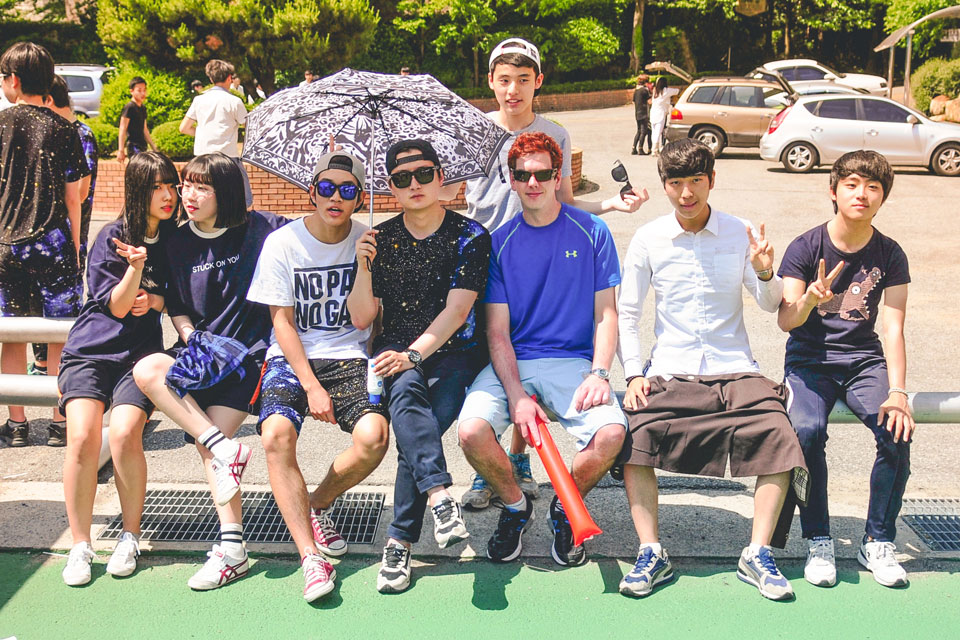
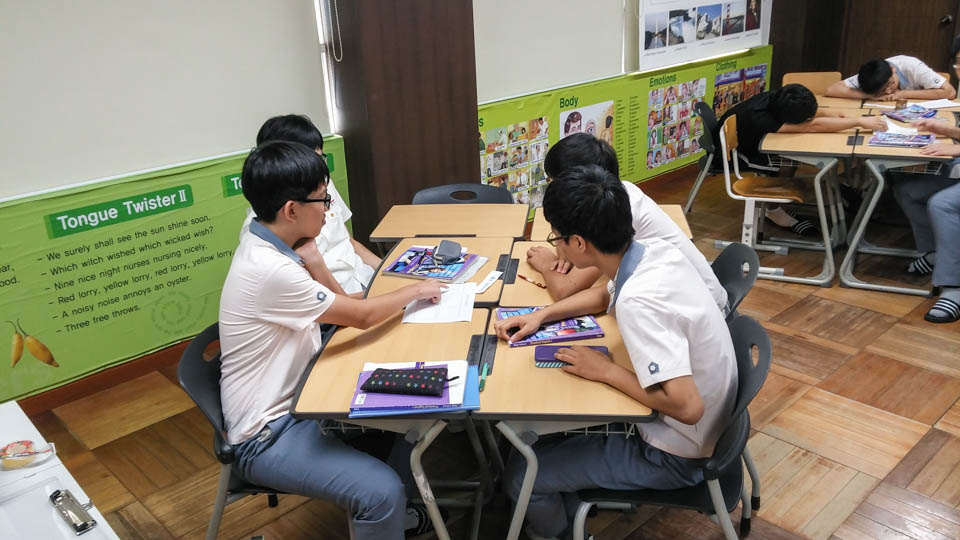
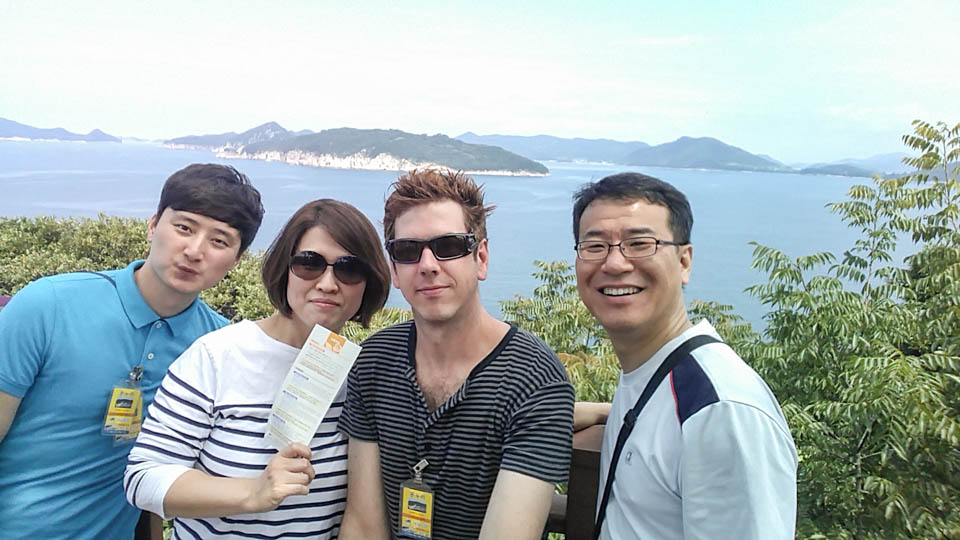
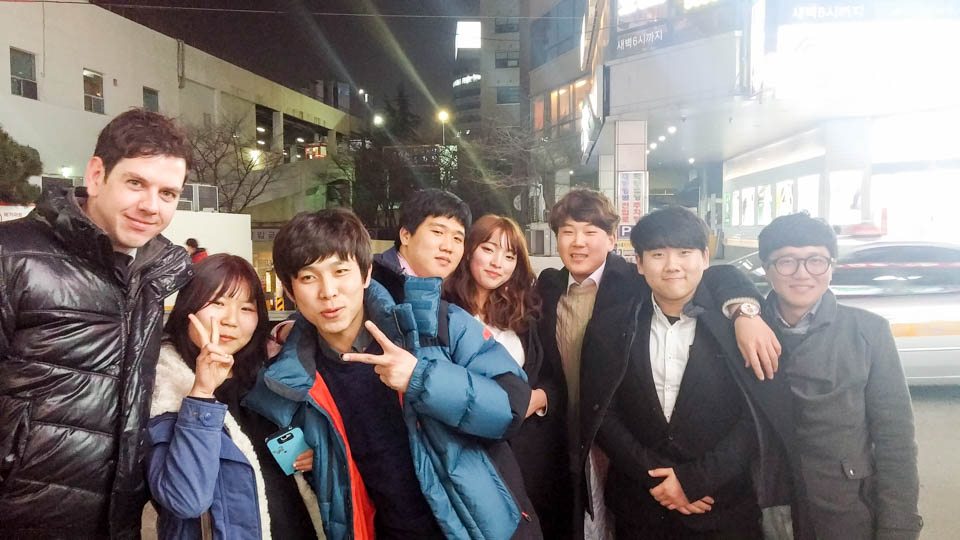
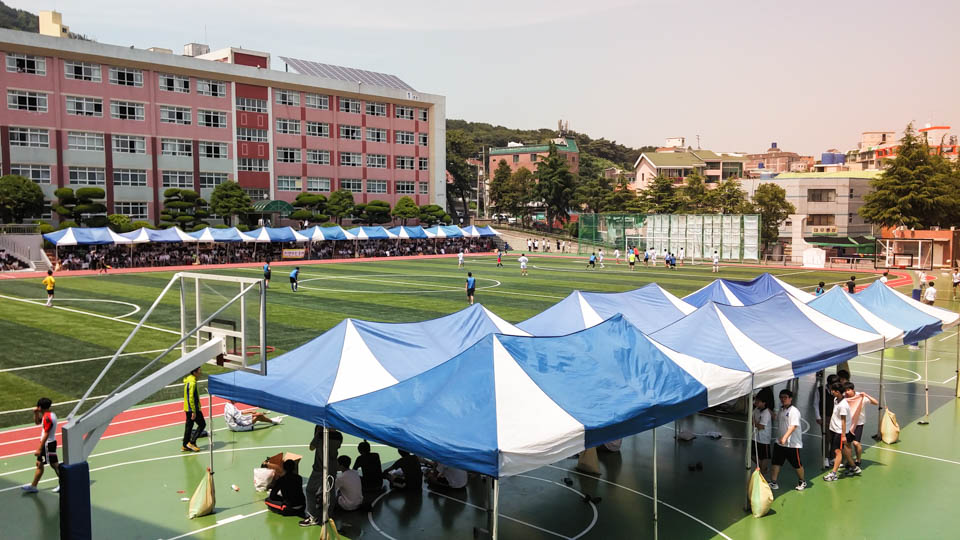


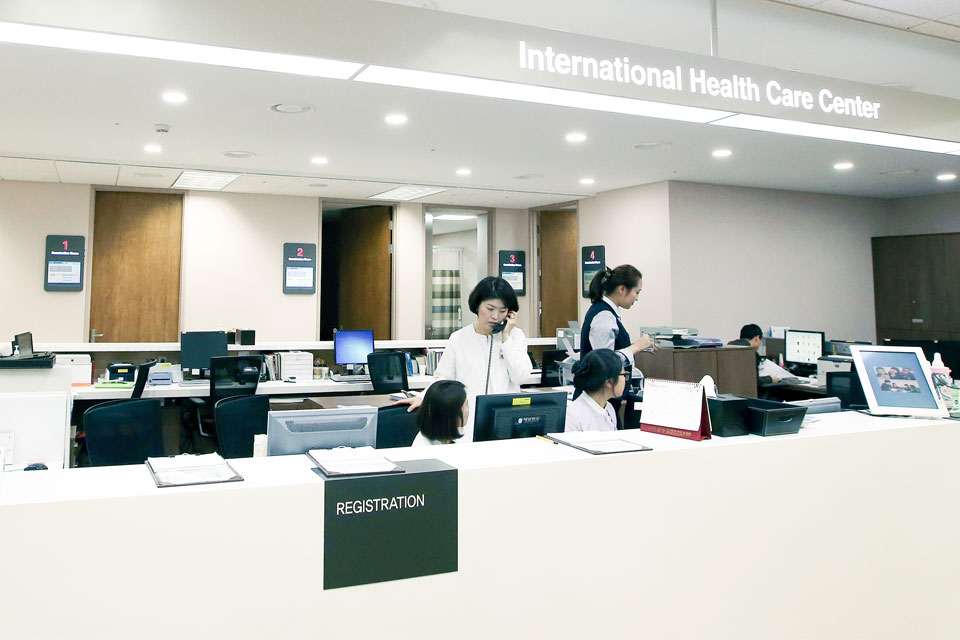


Really well written, positive article. Great to see here.
I was thinking about teaching abroad in Korea and this made me really want to. Thank you!
Well, as an indonesian, i get the point why Korea has growing fastly in the developing human education standart. It looks so insane, but with those schedule forcing the student, they Will be on charge of their own future. It must be stressful. But the result Will never betray the process. Nice info anyway.